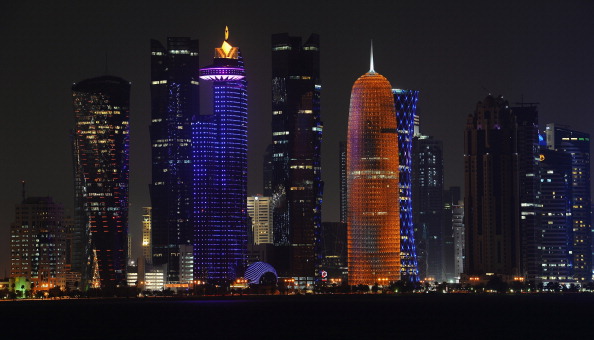Qatar, UAE ranked MENA’s most productive internet economies
New report identifies Sweden as the world’s most advanced and productive internet economy

Qatar and the UAE have been ranked as the most productive and advanced internet economies in the Middle East and North Africa, a new study by the Boston Consulting Group has found.
The 2015 BCG e-friction index identified 55 indicators that inhibit online activity by consumers, businesses, and governments.
The index then ranked 65 economies on four aspects: infrastructure-related frictions that limit basic access; industry and individual frictions that affect the ability of companies and consumers to engage in online transactions; and information frictions that involve availability and access to online content.
Sweden was ranked as the world’s most advanced and productive internet economy, followed by Finland and Denmark.
Regionally, Qatar and the UAE were ranked at 23 and 24 respectively, ahead of Kuwait (40) and Saudi Arabia (44).
“In the UAE and in Qatar, consumers and businesses face few restrictions or constraints on digital activity – what we refer to as e-friction,” said Hermann Riedl, partner and MD at BCG Middle East.
“The nations that are still lagging behind, however, both in the GCC and in the rest of the world, need to imminently address their sources of e-friction; after all, doing so could have a strong impact on national competitiveness as well as on social and economic development.”
BCG estimates that digital trade will amount to $4.2 trillion, or more than 5 per cent of GDP for the G-20 countries in 2016.
The research found that, globally, the difference between countries with large digital economies and those with low economic activity amounts to about 2.5 per cent of GDP.
However, more than 4.5 billion people currently live in high e-friction economies, including some 3.2 billion people who are not connected to the internet.
“Based on our study, the broad causes of e-friction include wealth, population density, the urban-rural population mix, literacy, and English-language skills. And while some of these can be influenced by policy initiatives, others require more creative approaches,” said Riedl.
“Even economies in the well-oiled categories, such as the UAE, should not rest on their laurels. They also have sources of friction to address, such as those related to outdated regulation, excessive bureaucracy, and impediments to investment; these economies need to focus their interventions with care,” he added.
Countries such as the UAE and Qatar are presently investing heavily in developing smart city hubs to help improve productivity and services.
